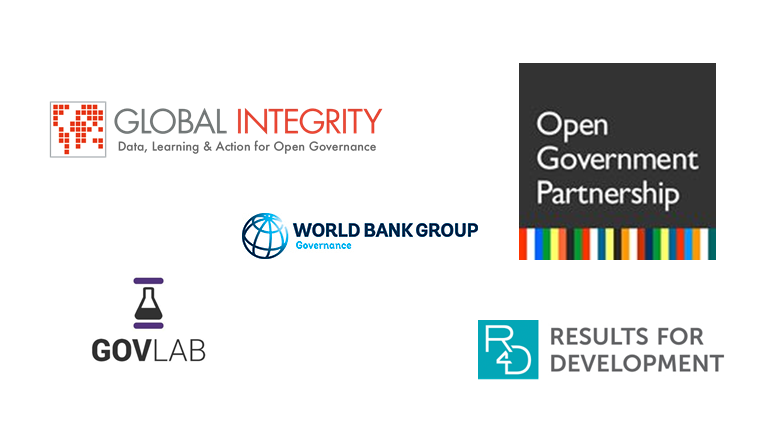
“Mounting anecdotal evidence supports the case for open government. Sixty-nine national governments andcounting have signed on as participants in the Open Government Partnership, committing to rethinking theway they engage with citizens, while civil society organizations (CSOs) are increasingly demanding andbuilding mechanisms for this shift.Yet even as the open government agenda gains steam, relatively littlesystematic research has been done to examine the ways different types and sequences of reforms haveplayed out in various contexts, and with what impact. This is due in part to the newness of the field, but alsoto the challenges in attributing specific outcomes to any governance initiative. While acknowledging that thesearch for cookie-cutter “best practices” is of limited value, there is no doubt that reform-minded actorscould benefit from a robust analytical framework and more thorough understanding of experiences indifferent contexts to date.
To address these knowledge gaps, and to sharpen our ways of thinking about the difference that opengovernment processes can make, a range of public, academic, and advocacy organizations established aresearch consortium to convene actors, leverage support, and catalyze research. Its founding members areGlobal Integrity,The Governance Lab @ NYU (The GovLab), the World Bank’s Open Government GlobalSolutions Group, Open Government Partnership Support Unit, and Results for Development Institute. TheConsortium aims to build on existing research – including but not limited to the work of existing researchnetworks such as the MacArthur Foundation Research Network on Opening Governance – to improve ourunderstanding of the effectiveness and impact of open government reforms. That is, to what extent andthrough which channels do such reforms actually improve transparency, accessibility, and accountability; how does this play out differently in different contexts; and can we trace tangible improvements in the livesof citizens to these measures…..
Countries participating in the Open Government Partnership have signed on to the view that opengovernment is intrinsically good in terms of strengthening civic participation and democratic processes.Governments are also increasingly looking at such initiatives through a return-on-investment (ROI) lens: dosuch reforms lead to cost savings that allow them to allocate and spend resources more efficiently on publicservices? Does the availability and accessibility of open government data create economic opportunities,including jobs and new businesses? The Consortium is excited to support innovative research aimed atunderstanding the extent to which reforms deliver, not only in terms of open governance itself, but also interms of improved public sector performance and service delivery gains. This focus will also help theConsortium identify research-driven stories of the impact that open governance reforms are having….(More)”